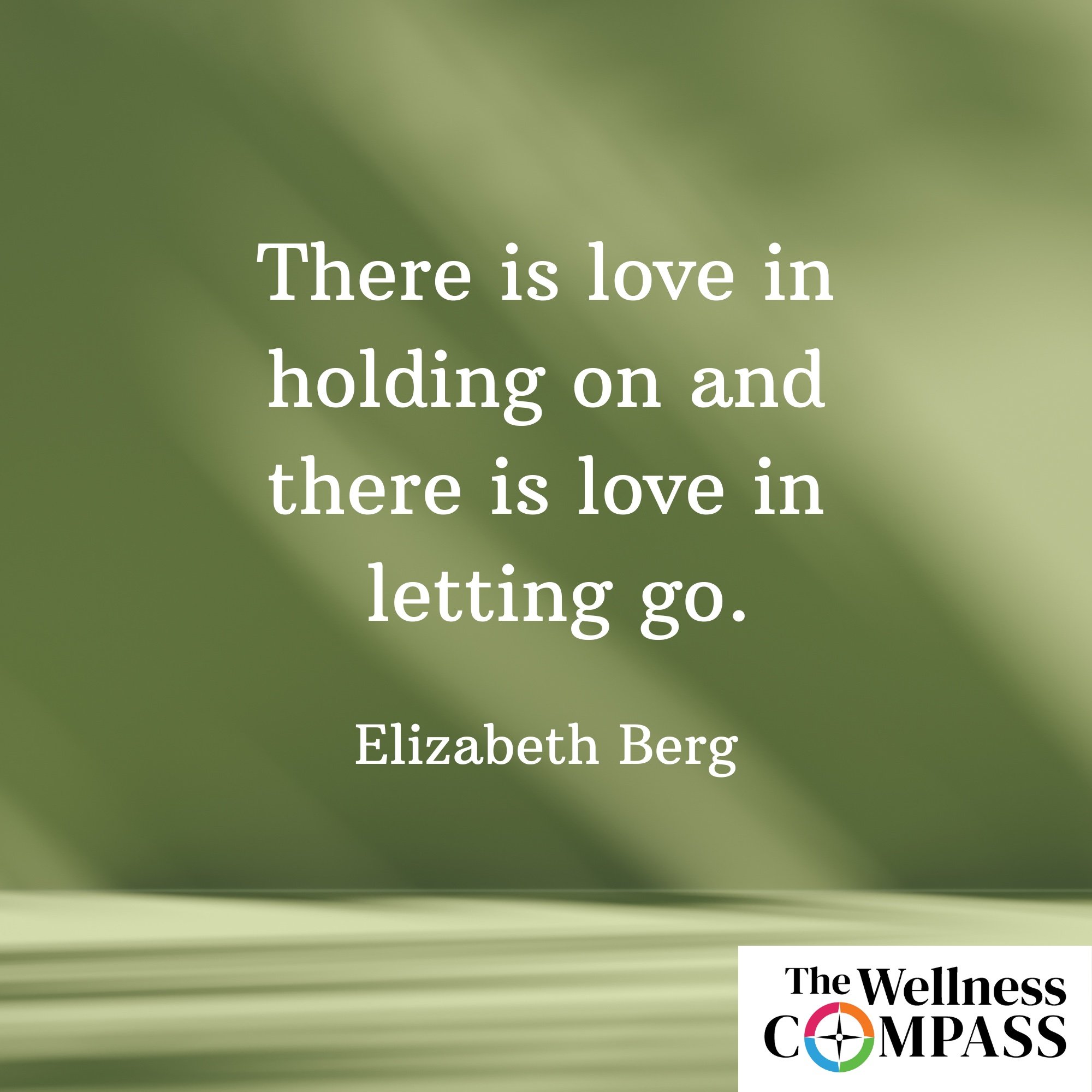“Back to School: Lifelong Learning in Relationships”
The Wellness Compass Initiative is our partner community wellness initative that serves schools, counseling centers, nonprofits, and other community wellness organizations. Each week Holly Hughes Stoner and Scott Stoner co- write a column for Wellness Compass and we are pleased to share it here on our Living Compass site. There is also a Wellness Compass podcast at www.wellnesscompass.org/podcast.
As the new school year begins, so does a new season for our Weekly Wellness Compass column and podcast. After a summer break, we're excited to embark on another year of exploration and growth with you. For those unfamiliar with our work, we are the co-founders of the nonprofit Wellness Compass Initiative. For the past sixteen years, we've supported people worldwide on their journey toward wellness and wholeness.
This time of year often inspires a renewed commitment to growth and learning. In that spirit, we've decided to focus this "school year" on relationships—one of the eight areas of wellness in our Wellness Compass Model for Wellbeing. As marriage and family therapists, we've seen how the quality of our relationships profoundly impacts our overall wellbeing, and that's why this year, relationships will be the central theme of our column and podcast.
How we interact with others significantly shapes our lives, whether in marriage, friendship, a family bond, or a workplace relationship. We've learned that being in relationships is a continuous learning process offered to us over the years—both in our personal journeys (we just celebrated 47 years of marriage) and in our professional practices.
We often hear people say, "If only the other person would change, things would be better." It's easy to view our relationships from a distance, pointing out what's wrong with the other person. But the truth is, we are co-creators in every relationship. The way we show up—our energy, words, and actions—significantly shapes these connections.
In our work, we've met many people who feel stuck and frustrated by a partner, child, colleague, or friend. They come to us hoping to change the other person, but we emphasize the power they have within themselves to influence the relationship. This isn't about control; it's about recognizing the impact we can have through our own behavior.
We like to think of this journey as being in a lifelong school of relationships. Just as students return to school to learn and grow, we, too, are continuously learning and growing, as we are all in a multitude of relationships. Relationships are never static. As we change and the people we are in relationships with change, there is always more to learn and practice.
This year, we invite you to become more intentional about your relationships. Whether it's a long-term relationship with established patterns or a new one full of possibilities, you have the power to influence its direction. Even longstanding relationships can change and grow when we approach them with awareness and intention.
Relationships don't just happen to us; we co-create them every day. Let's commit to being lifelong learners in this school of human connection, continuously evolving and enhancing the quality of our relationships—and in turn, our lives.
The bell is about to ring, so we will wrap up this week’s class. We’ll be back next week as we continue learning how to strengthen our relationships together.
Optional Homework: If you had one piece of advice to offer on the key to strong relationships, what would it be? Is there a relationship that is inviting you to learn something new right now?
We also invite you to send us any relationship questions you have so we can know the kinds of concerns that are on our readers’ minds. If we address your question in a future column or podcast, we will, of course, keep your identity anonymous.
We invite you to listen to this week's podcast episode if you are interested in a few of our thoughts about this piece. It is easy to listen to the ten-minute episode. To find it—click HERE, and you will be taken to our Wellness Compass website, where you simply need to push the "play" button to listen to the audio.
Authors: Holly Hughes Stoner, LMFT, and Scott Stoner, LMFT
****************************************************************************************************************
In addition to this column, there is also an episode of the Wellness Compass podcast based on this column. You can listen in your favorite podcast app and at www.WellnessCompass.org/podcast
Subscribe Now to Weekly Words of Wellness:
Click the button below to signup for the e-mail version of Weekly Words of Wellness. This weekly article can be shared with your community electronically and/or used for group discussion.
You can unsubscribe at any time.




